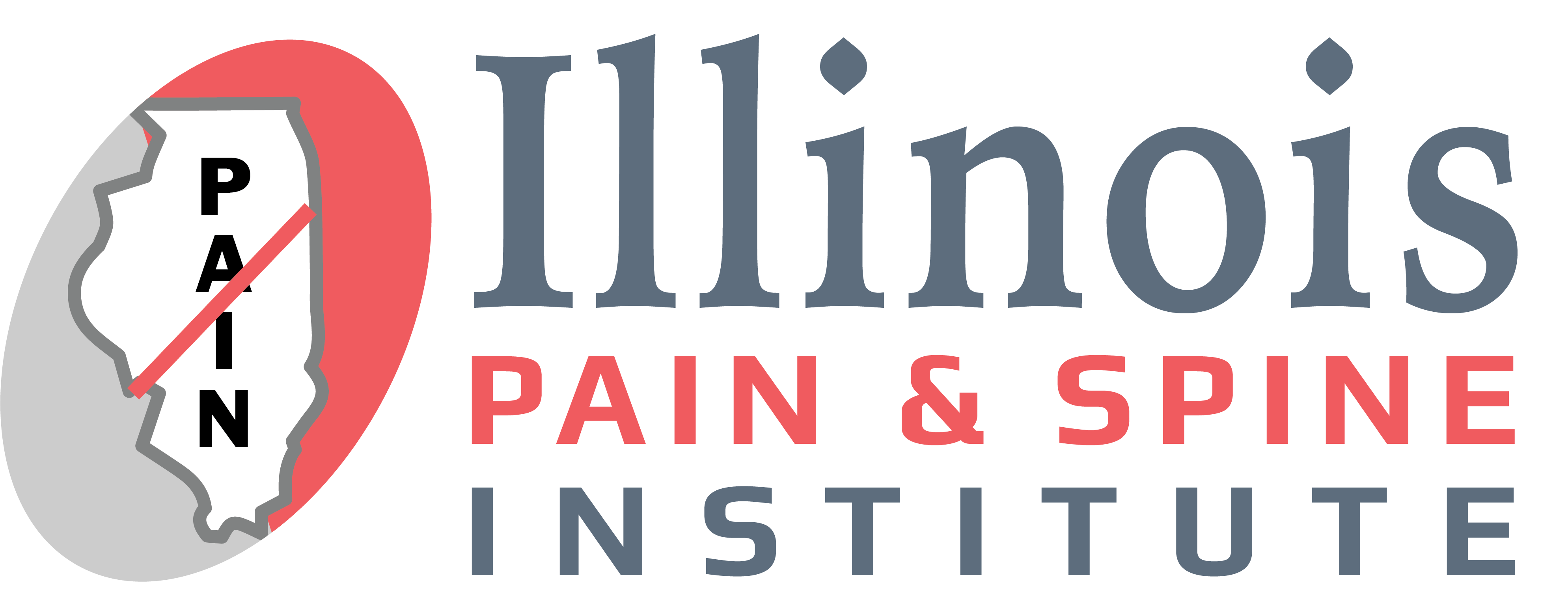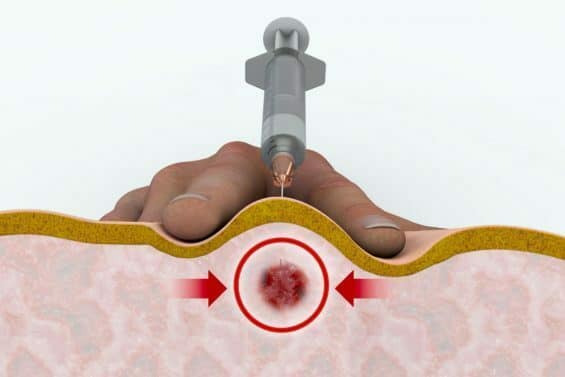Meet the Interventional Medicine Team
The Illinois Pain & Spine Institute has a full team of interventional pain doctors at our Chicago area clinics. When you seek treatment here, you will have access to physiatrists, anesthesiologists, internists, physical therapists, occupational therapists, nurses, psychologists, and psychiatrists. Our medical team will work with you to reach your treatment goals.
Back Pain and Interventional Pain Management Treatments
While the Illinois Pain & Spine Institute provides interventional medicine for various chronic pain conditions, back pain is the most common. If you suffer from back pain, you can benefit from an assortment of treatments.
The Illinois Pain & Spine Institute offers a variety of injection options for patients with chronic pain. The injection you receive depends on your condition and symptoms.
Your interventional pain treatment might include epidural injections that contain steroid or anesthetic medication. A provider will inject the medication directly into the spine area, providing immediate pain relief.
Facet joint injections are also a common choice for patients with chronic back pain . These types of injections have two purposes. First, your interventional medicine team can determine if the facet joints are behind your chronic pain. Second, if the facet joints are the cause, you will experience pain relief after receiving your injection.
You can also receive medial branch, root, and nerve blocks as part of your interventional pain treatment. Like facet joint injections, these blocks allow doctors to discover if your pain is caused by a nerve root. If a nerve root is responsible, the injection reduces inflammation and reduces pain.
Pulsed Radiofrequency Neurotomy
Back pain is often caused by spinal nerves transmitting signals to the brain. The nerves tell the brain that something is wrong and your brain causes you to experience pain. This procedure prevents the nerves from sending pain signals.
Spinal cord stimulation can also prevent the brain from receiving pain signals. Your doctor will use electrical impulses to prevent the spinal cord from sending pain signals to the brain.
If you undergo this treatment, your doctor will apply heated electrodes to the nerves that tell your brain you’re in pain. Once the procedure is completed, the nerves won’t be able to send those signals.
The Illinois Pain & Spine Institute recommends intrathecal pumps in cases of significant pain that doesn’t respond to other treatments. The pump is surgically implanted and programmed to deliver pain medication to the source of the discomfort. Once implanted, the patient does not have to take pain medication or let the pump know when to deliver it.
The interventional pain doctors at Illinois Pain & Spine Institute might recommend one or more of these procedures in conjunction with other treatment options. You can expect to receive physical therapy, help with lifestyle modifications, and more. By providing a full range of treatments at our clinic, many patients are able to move beyond the pain and reclaim their everyday life much faster.
What to Expect From This Treatment
If you’ve never been to interventional pain doctors in the Chicago or Barrington area before, you likely want to know what to expect. While each patient is different, the first appointment is generally the same for everyone. When you arrive, a medical doctor examines you and talks to you about your history and symptoms. If you bring any diagnostic tests with you, the doctor will examine those as well.
You will likely need to undergo diagnostic tests during your first appointment. Depending on your symptoms, you might need an MRI, CT scan, X-rays, or blood tests. These tests will help the doctor diagnose your condition while ruling out other issues.
Because of the mental health component of chronic pain, you might also undergo a psychological evaluation during your first appointment. The psychologist can determine if your mental health is impacting your chronic pain condition or if living with pain is beginning to harm your mental health.
Then, your interventional pain medicine team will have a meeting to go over your diagnosis and treatment plan. Your physician will be at the head of the team and will explain the plan to you.
Preparing for Your Procedure
The steps you must take to prepare for your procedure will depend on your condition and the treatment plan. Your interventional pain management team will explain what you need to do before your procedure.
If this is your first time coming to the Illinois Pain & Spine Clinic, you will also need to take steps to prepare. Gather your diagnostic tests if you’ve had any taken and bring them with you. Also, make a list of all the procedures you’ve undergone for chronic pain, as well as any medications you’re currently taking. This information will help our interventional pain management team determine a treatment plan for you.
Chronic pain is more than a physical sensation. It can impact other aspects of life, as well. You might feel isolated, depressed, and anxious because of your pain, and you might have trouble working and engaging in social activities. Interventional pain treatment can help you get your life back.
Contact the Chicago Pain Center today to learn more by calling our friendly staff.








